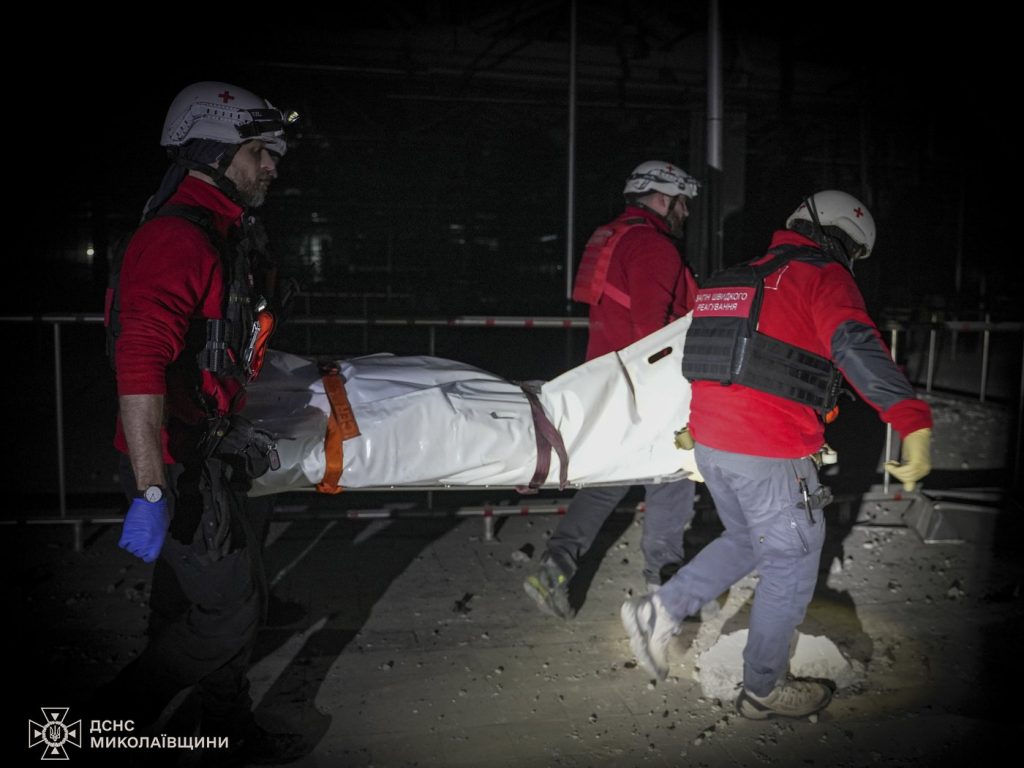KYIV, Ukraine (AP) - Western officials have expressed concerns about a growing conflict between Ukraine's Defense Minister Rustem Umerov and the head of the Defense Procurement Agency, Maryna Bezrukova. This rift could undermine trust within the country and affect arms supplies critically needed for its ongoing conflict with Russia. The situation escalated last week when the board of the Defense Procurement Agency unanimously decided to extend Bezrukova's contract for an additional year. However, Minister Umerov overrode this decision, stating that she had failed to deliver sufficient weapons and ammunition to front-line troops.
This decision has incited backlash from lawmakers and anti-corruption organizations, who argue that the minister’s dismissal of Bezrukova was illegal. They claim that her contract extension, voted unanimously by the agency’s board in January, must remain valid under Ukrainian law. Umerov’s actions have not only raised legal questions but have also led to a complaint filed by the Anti-Corruption Action Center, urging the National Anti-Corruption Bureau (NABU) to investigate Umerov for potential abuse of power. Local media have reported that proceedings have commenced against him following this complaint.
This internal dispute arises as U.S. support for Ukraine hangs in the balance, especially with the new administration of U.S. President Donald Trump. The ambassadors of the Group of Seven (G7) nations issued a statement through social media platform X, urging the Ukrainian government to resolve the issue promptly and focus on defense procurement to maintain public and international trust. They emphasized the importance of adhering to principles of good governance and NATO recommendations during this tumultuous period.
In a parallel development on the battlefield, Russia and Ukraine have intensified drone attacks targeting each other's territories. The Russian military reported intercepting and destroying a substantial number of Ukrainian drones, marking one of the most significant drone offensives this year. Ukrainian air forces stated that Russia launched a total of 57 drones, notably including Shahed drones, in overnight strikes.
Moreover, casualties were reported in Mykolaiv, where a Russian ballistic missile struck a food enterprise, resulting in the deaths of two female workers. The situation in the Odesa region is also alarming, as Russian drones targeted port infrastructure in Ismail, which lies near NATO member Romania. In response, Romania's Ministry of National Defense dispatched two F-16 fighter jets to monitor the airspace and issued emergency alerts to residents in Tulcea County, which borders the Danube River across from Ukrainian ports. The ministry condemned the Russian strikes, labeling them unjustified and a serious violation of international law, and informed NATO allies of the developments.
Since the onset of hostilities in February 2022, Romania has reported several airspace violations and confirmed drone fragments appearing on its territory multiple times, highlighting the escalating regional tensions shaped by the ongoing conflict. The latest developments underscore both the internal challenges facing Ukraine's defense apparatus and the external military pressures exerted by Russia amid an unabated war scenario.










